Do probiotics really work? That’s probably the question you’re searching for an answer to. But before we get into the details of probiotics, it’s important to understand the gut.
Hippocrates once said, "all diseases begin in the gut." Although he penned these words thousands of years ago, his words still are valid today. The food you consume essentially feeds bacteria that live inside your large intestine. You’ve probably heard of the gut microbiome. This is the microscopic ecosystem that exists in all of our intestines, helping our bodies break down and digest food into nutrients. But that’s not all these bacteria do. Far from it. In the last few decades, we’ve just begun to learn about the many roles and functions this beneficial bacteria contribute to our overall health.
The right balance of gut bacteria helps to keep the immune system strong and our bowels regular. When an imbalance occurs, and bad bacteria begin to outnumber the good, the immune system can be weakened. Digestive problems, infections and discomfort can occur. But the good news is, we can help our bodies to stay in balance and enjoy the benefits that these good bacteria can provide.
What are probiotics?
Have you wondered why you may crave a snack such as chocolate almost out of the blue? You may be surprised that your craving may not have to do with your obsession with chocolate or other sweet indulgences. Instead, it may be your gut bacteria telling you what to eat. Certain “bad” gut bacteria want to eat sugar, so they send signals to your brain that make you crave sweets, dairy and bread. But these “bad” bacteria aren’t the ones we want to promote. They can cause inflammation and make us eat foods that aren’t the best for us.
The best way to fight off these harmful bacteria is by encouraging more of the “good” gut bacteria, which support healthy body systems. And one easy and simple way to do this is by adding more probiotics to your digestive systems, either through foods or supplements. Probiotics are live bacteria found in foods like yoghurt or kombucha. Once they enter your body, they help keep a proper balance within the gut and may even help curb some of these unhealthy cravings.

What are the benefits of probiotics?
When you think of bacteria and yeast in the body, you probably assume that they are all bad. However, that’s not the case at all. There’s an entire ecosystem of beneficial bacteria and yeast living and thriving in your body as you read this. Of course, there are many harmful bacteria and yeast that do cause disease. But probiotics are good bacteria. When you consume enough of them, they keep the bad bacteria in check. Both good and bad bacteria are necessary to maintain a healthy immune system and ward off disease. However, when bad bacteria multiply, inflammation, immune and digestive issues are more likely to occur.
Probiotics work to restore the balance and push back bad bacteria's onslaught. They can help fight diarrhoea, constipation, vaginal infections, urinary tract infections, and mood disorders. A good gut biome may also help fight off allergies and skin conditions like eczema. Further research is looking at how probiotics may be beneficial for serious digestive issues like Crohn's disease and ulcerative colitis.
There are seven microbial organisms that are commonly found in probiotic supplements. These are:
- Lactobacillus
- Bifidobacterium
- Saccharomyces
- Streptococcus
- Enterococcus
- Escherichia
- Bacillus
What is the difference between a probiotic and a prebiotic?
It’s easy to mix up the terms probiotic and prebiotic. Occasionally, these terms get used interchangeably. Although the results of using both are similar, they are not the same. A probiotic is the live yeast and bacteria found in food or supplements that help balance the microbiome by infusing it with good microorganisms. A prebiotic is the food that probiotics consume to continue growing and producing more healthy bacteria and yeast within the gut. It’s a good idea to take probiotics and prebiotics together, so that you can not only repopulate your gut with healthy bacteria, but you can also support it with the “food” that it needs to thrive.
What are the best foods to eat for probiotics?
If you want to increase your intake of probiotics, it’s a good idea to incorporate fermented foods into your diet. However, keep in mind that not all fermented foods will have the level of probiotics that your body needs. Also, some fermented foods may have a few strains of good gut bacteria, but lack others. Therefore, it is often a good idea to use a probiotic supplement as well. Below are some foods that have a healthy serving of probiotics, either naturally occurring or via additives:
- Yoghurt
- Kefir
- Sourdough bread
- Miso
- Pickles
- Kimchi
How do you know if you need probiotics?
You may need probiotics if you suffer from digestive issues regularly. For example, severe constipation or diarrhoea may indicate an imbalance within your gut. Taking them can help improve the balance with the microbiome.
Another indication that you may need probiotics is that you suffer from mood issues such as depression. Studies show that many people who suffer from irritable bowel syndrome also develop anxiety and depression. While studies are still ongoing and are not yet conclusive, probiotics could start to improve mood disorders.
In addition, if you consistently get sick, especially from common colds or flu, you may want to consider taking a probiotic. Finally, you may need to increase probiotics in your diet if you are a woman who often suffers from vaginal infections, such as yeast infections or bacterial vaginosis.
Before increasing your intake of probiotics, it is a good idea to consult a physician to ensure that you aren't suffering from more severe disorders that need medical attention.

Who Should Take Probiotics?
Probiotics are generally safe for anyone to incorporate into their diet. Men, women, and children can benefit from more of them in the diet because they will help improve the gut microbiome. It can also enhance the immune system.
More specifically, you can benefit from taking probiotics if you have recently stopped taking antibiotics. While antibiotics help fight off infections in the body, they can destroy a substantial amount of good bacteria in the gut. Increasing probiotics to replenish the good bacteria is a good idea as long as your immune system is not compromised.
If you suffer from gastrointestinal problems, taking a probiotic may also help. Another way that probiotics are useful is by helping you with weight loss. Finally, if you suffer from certain autoimmune disorders associated with the gut, probiotics may help.
What to look for in a good probiotic?
When choosing a good probiotic supplement, one of the first and most important things you will want to consider is the ingredients in the probiotic. No matter how good a probiotic is, if it contains items you are allergic to, it could create problems. So, when choosing a probiotic, make sure that the product doesn't contain ingredients that may cause an allergic reaction. It’s especially important to look at probiotic ingredient lists if you are allergic to soy or dairy.
It would help if you also tried to choose the more common types of probiotics, including Lactobacillus, Bifidobacterium, or Saccharomyces boulardii, since these are more commonly researched types of probiotics. Also, keep in mind the amount of CFUs (colony forming units) each supplement has. Taking too little may not have much of an effect on your microbiome, while too much may have negative results. Consult your doctor, who can help you determine how much you should take daily. It is also a good idea to stick with well-known brands instead of store brands.
What can you expect when you take a probiotic?
Whether it is food or supplement, taking a probiotic is generally safe. When you first start, you may experience stomach discomfort such as gas. But this isn’t cause for alarm. It’s just your body adjusting to the increase of probiotics. Changes in stool, bloating, and gas are all natural effects of increasing probiotics. However, if gut problems seem to worsen after a few weeks of using the probiotic, it may not be the right choice for you. Instead, try using other types of supplements or reducing your daily intake. If this doesn't work, you may have to cut probiotics out of your diet and use another option.

When should you take a probiotic?
Probiotics are meant to enhance your gut health. The best time to use them is when your gut isn't actively in the process of moving food throughout it. Health care professionals recommend that the best time to take a probiotic is in the morning, 30 minutes before you consume food, or at night after eating. However, it depends on the recommendation of the manufacturer and the type of probiotic.
Some supplements don't work well in conjunction with stomach acid. Therefore, it is a good idea to take them before or well after the stomach acid is actively breaking down food. You may have to perform trial-and-error to determine the best time to take probiotics so that you don't experience discomfort while taking them.
Do probiotics go bad?
Probiotics are made up of living bacteria and yeasts. Therefore, these microorganisms can go bad. Most probiotics have an expiration date up to a year after manufacture. However, this doesn't mean that they will last that long. Also, various products have different expiration dates. The key to successfully using probiotics is to consume them when the bacteria and yeast are alive. For instance, if you consume probiotics in yoghurt, you may only have up to two weeks to eat it before the probiotics, and other ingredients start going bad. To ensure that you are using fresh probiotics, it's best to check the expiration date before consuming them. After all, there’s no benefit to taking a probiotic if all of the bacteria have died.
How should you store your probiotics?
How you store your probiotics depends on the type you have. Lactobacillus and Bifidobacterium are probiotics that should be refrigerated. Saccharomyces boulardii probiotics don't have to be refrigerated. For supplements that require refrigeration, you will usually purchase them from the store's refrigerated section. To keep the probiotics working optimally, it's a good idea that you also maintain them in the refrigerator.
It is also a good idea to check the label. Probiotics that need refrigeration will have instructions on the label about storing them. If there are no instructions on the label about refrigeration or you purchased a non-refrigerated item, then it is likely okay to store your product in a medicine cabinet or wherever you store your other supplements.
What are the best probiotics for women?
Women who decide to use probiotics should consider why they want to add them to their diet. There are probiotics for digestive issues and those that specifically can be helpful for vaginal problems.
If you're going to use probiotics because you suffer from chronic digestive issues such as constipation or other problems, it's a good idea to use products with Lactobacillus and Bifidobacteria strains. These bacteria help improve gut health and digestion. If you consistently suffer from vaginal issues such as yeast infections, choosing supplements with L. acidophilus, L. rhamnosus GR-1, and L. fermentum RC-14 strains can help reduce vaginal infections.
What are the best probiotics for men?
Although there are many good reasons that everyone should take probiotics, studies show that they are beneficial for men for a few targeted reasons. These include improving sexual health, increasing testosterone levels, and improving prostate health. Besides these specific benefits, it can also help regular bowel movements, strengthen immunity, and maintain a healthy weight. When seeking probiotic supplements, look for those that include Lactobacillus, Bifidobacterium, Streptococcus, or Saccharomyces. Also, try to choose ones that have billions of CFUs rather than those in the millions. This will help with the issue of stomach acids potentially destroying the bacteria in the supplements before they reach your gut.

How can probiotics support your fitness gains?
If you have been reading this far and aren't convinced that probiotics are for you, perhaps this next point will persuade you to incorporate them into your diet. If you love staying in shape, you'll be happy to know that probiotics can help with your fitness goals. Probiotics can help you with your immune system, keeping you healthy to stay fit. They can also help with endurance. Probiotics can also reduce inflammation after a workout, helping to improve recovery time and healing.
Keeping a healthy microbiome is the key to improving overall health. Increasing probiotics with food will help but taking supplements is just as helpful, if not more beneficial. There are many benefits of increasing your probiotic intake. As long as your immune system isn't compromised and your doctor approves of increasing your intake of probiotics, you might start to see benefits in just a few weeks.





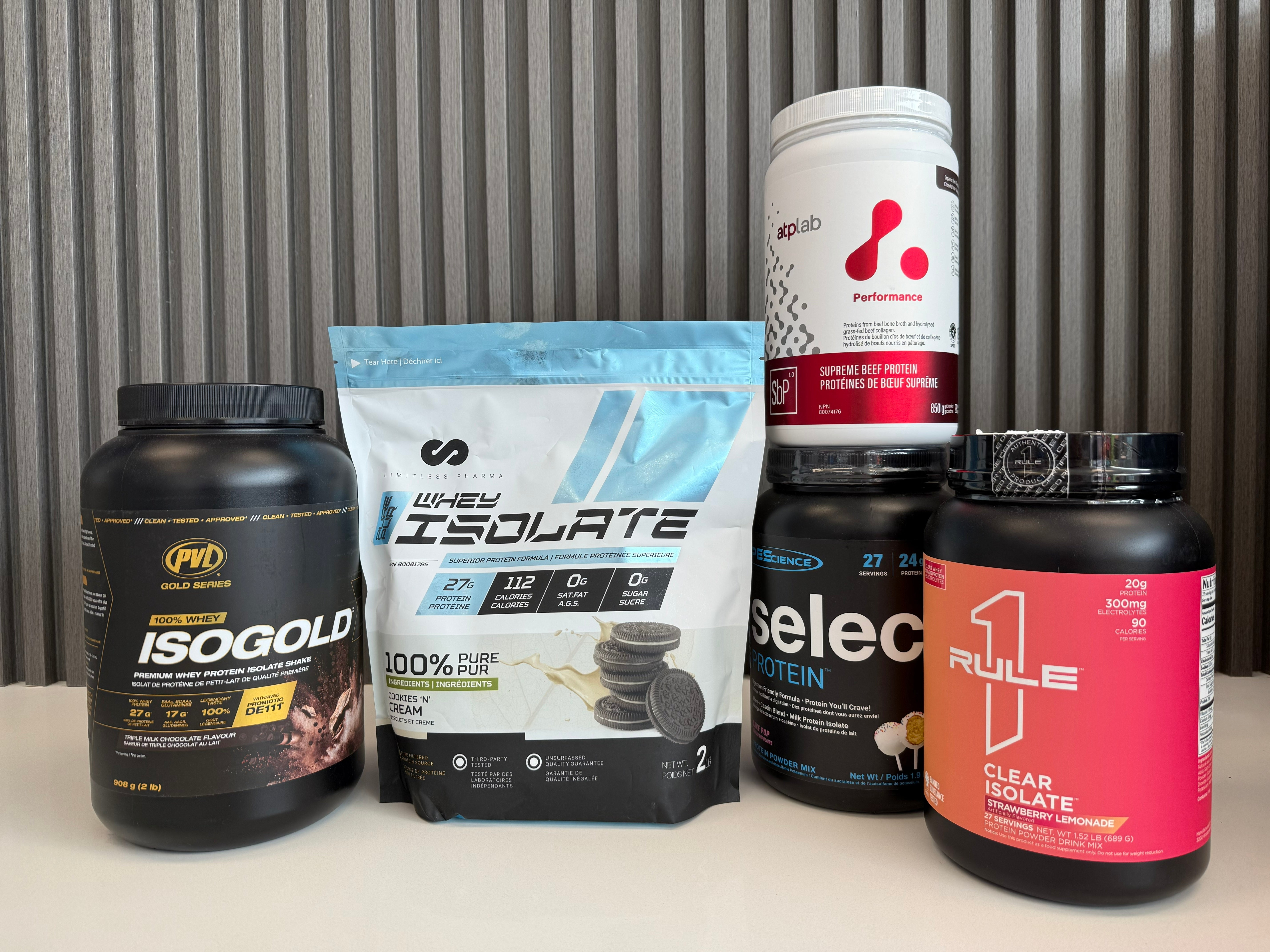
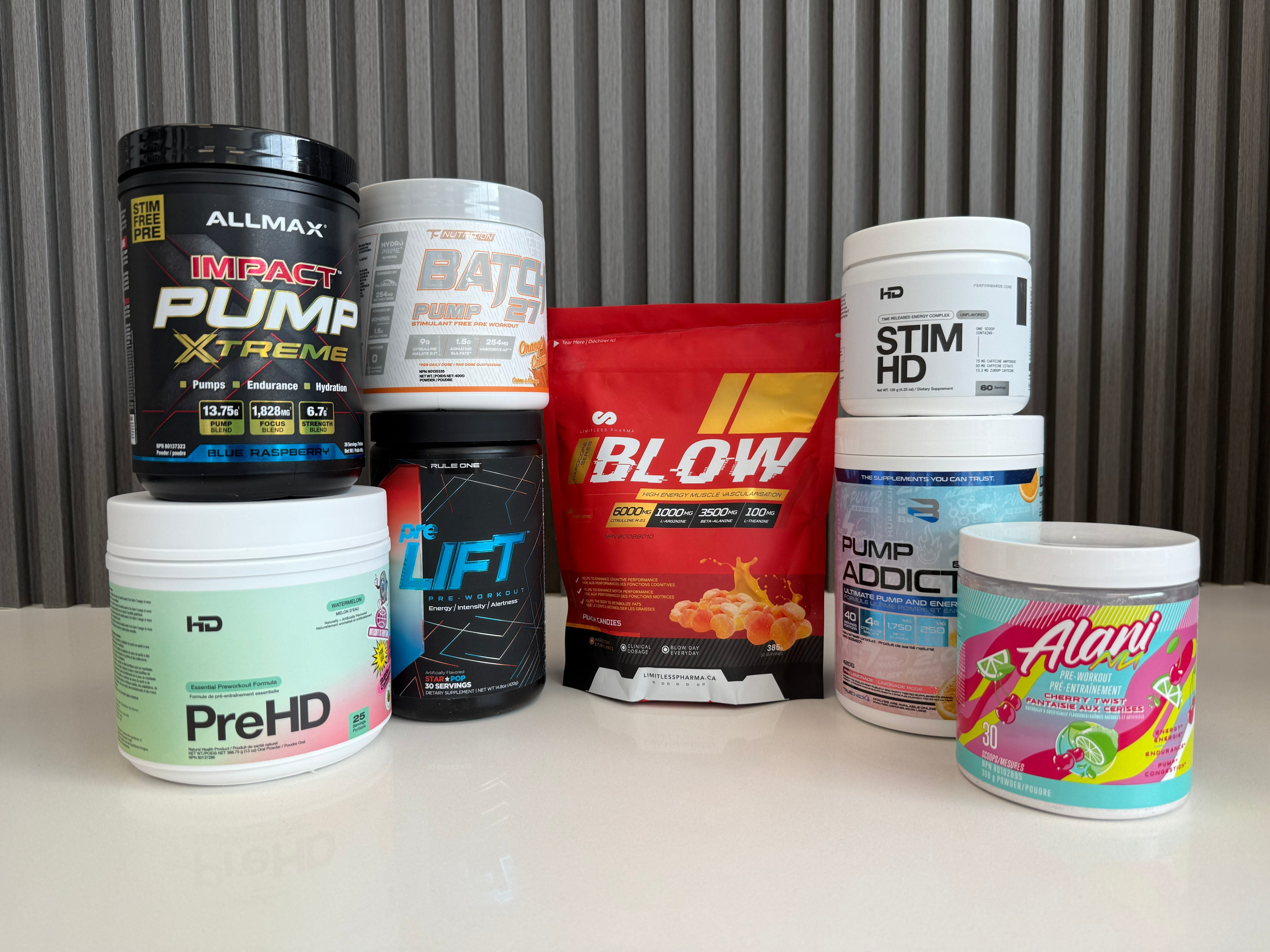
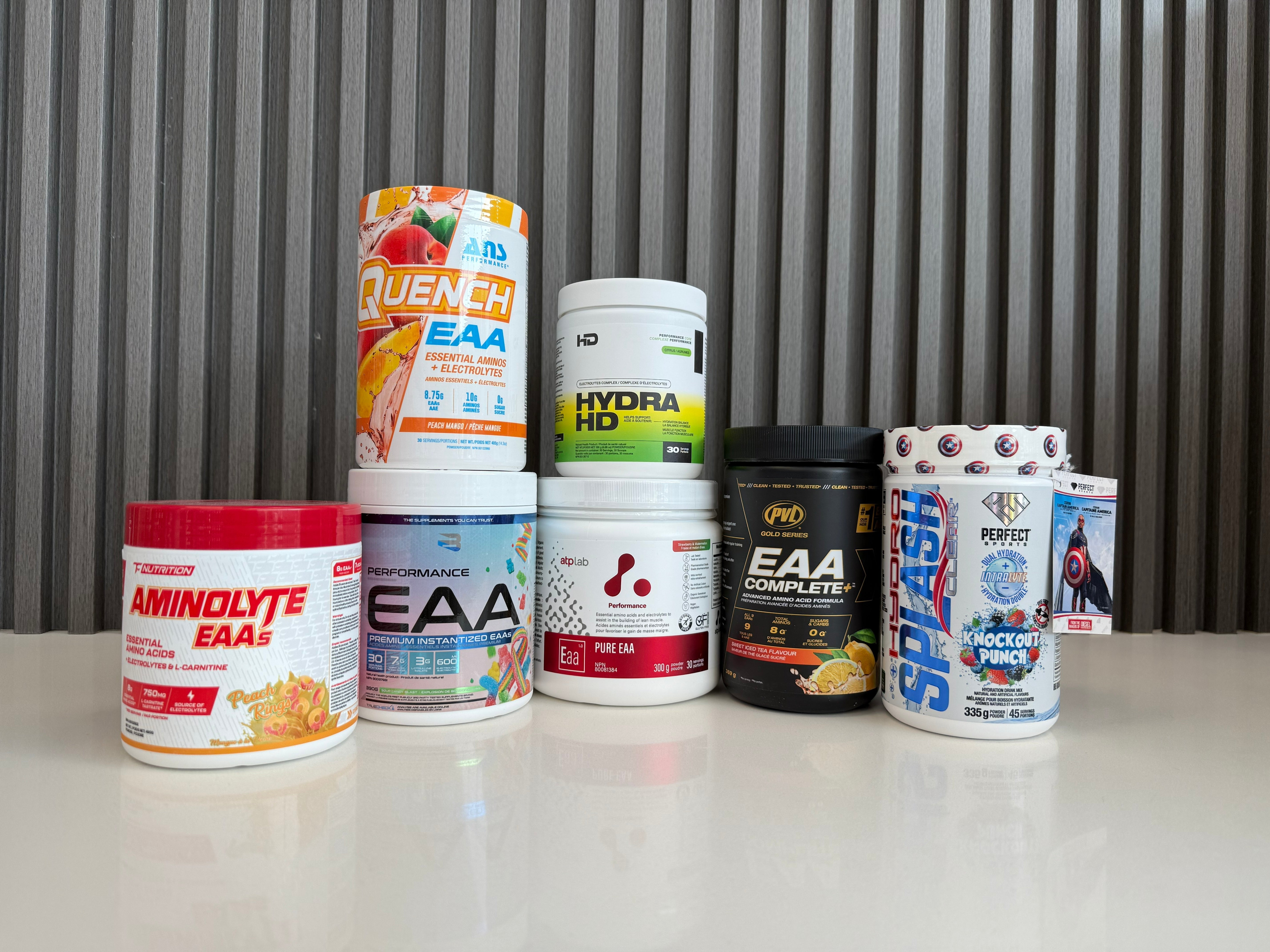
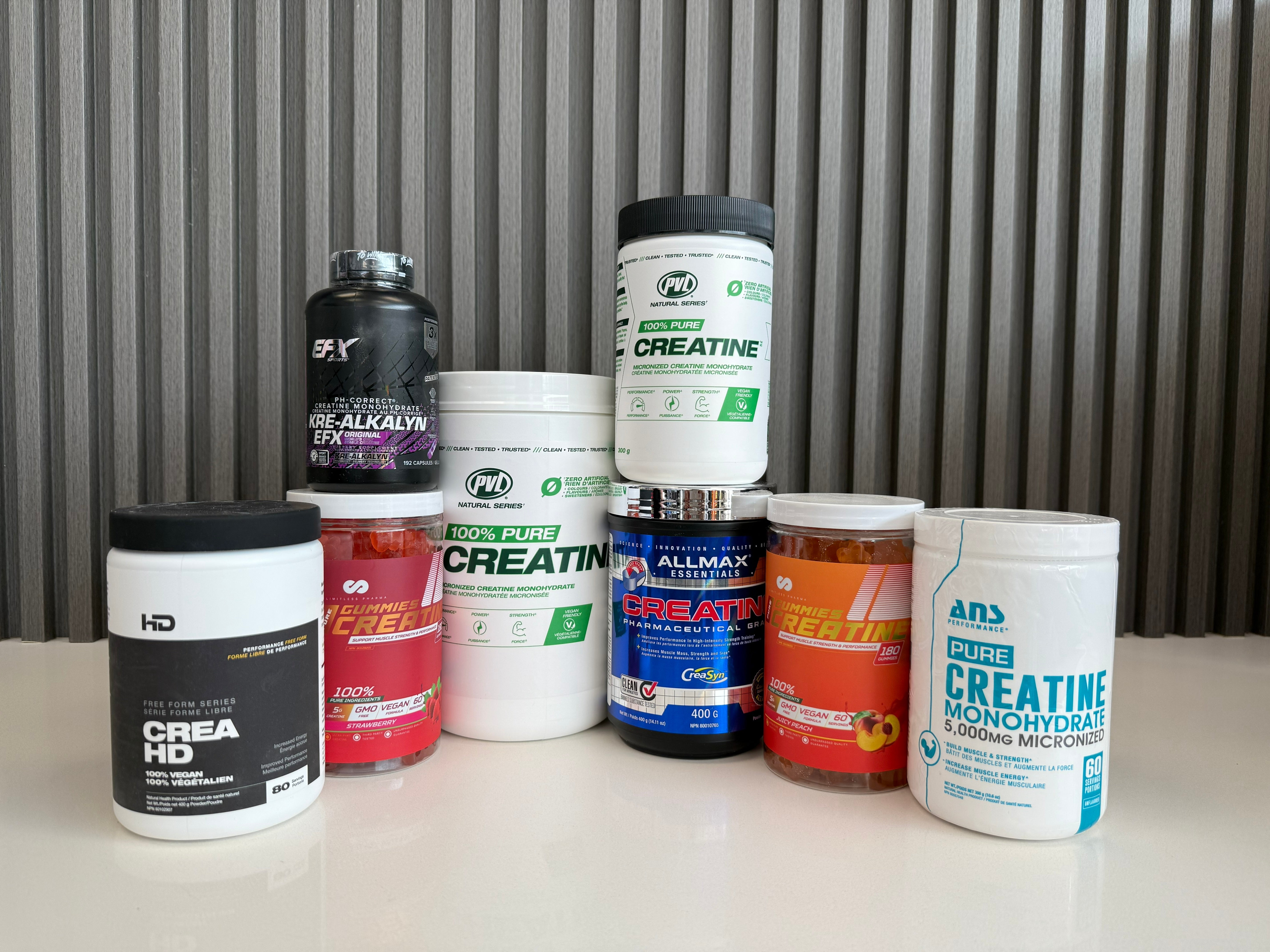
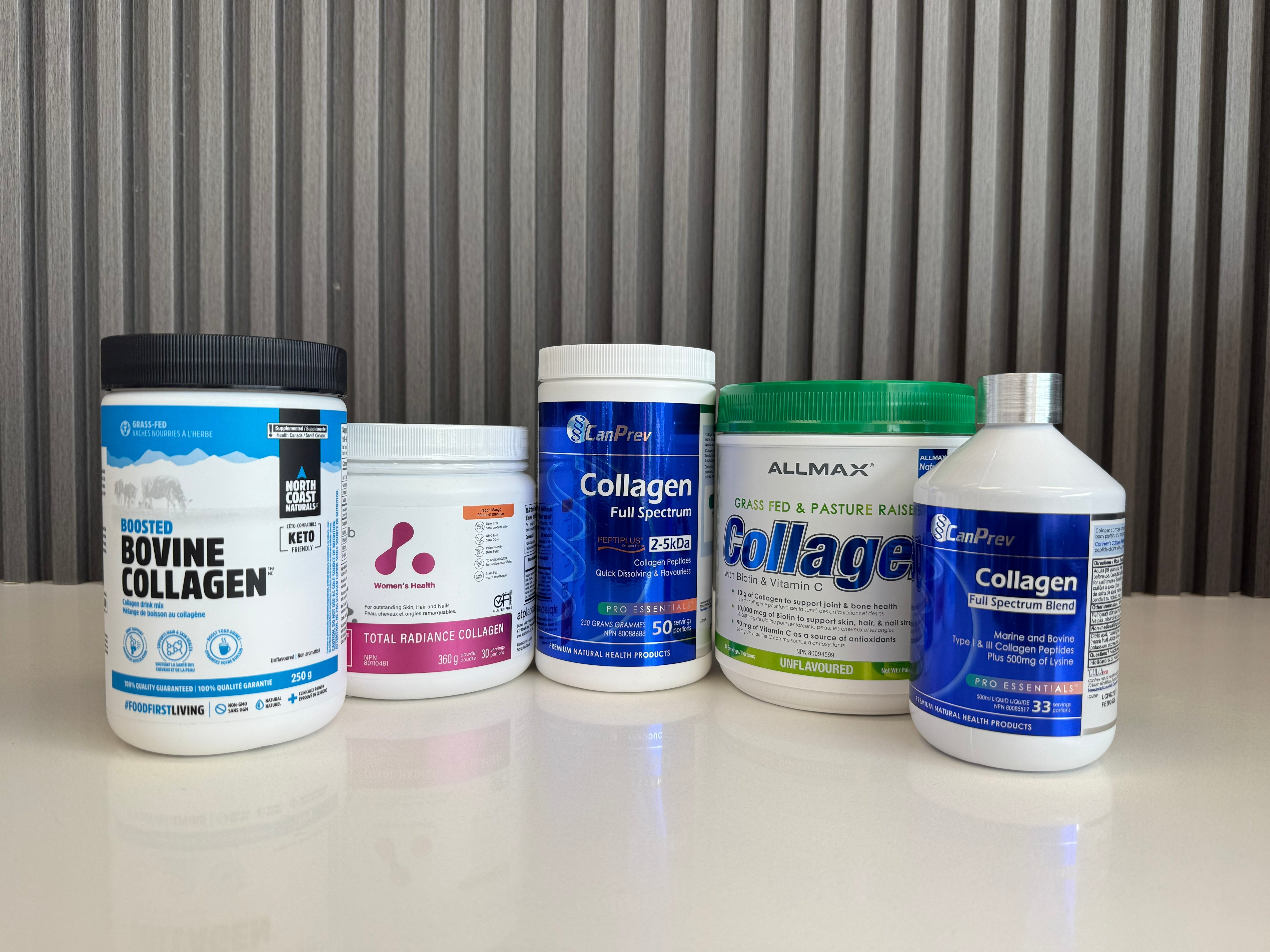
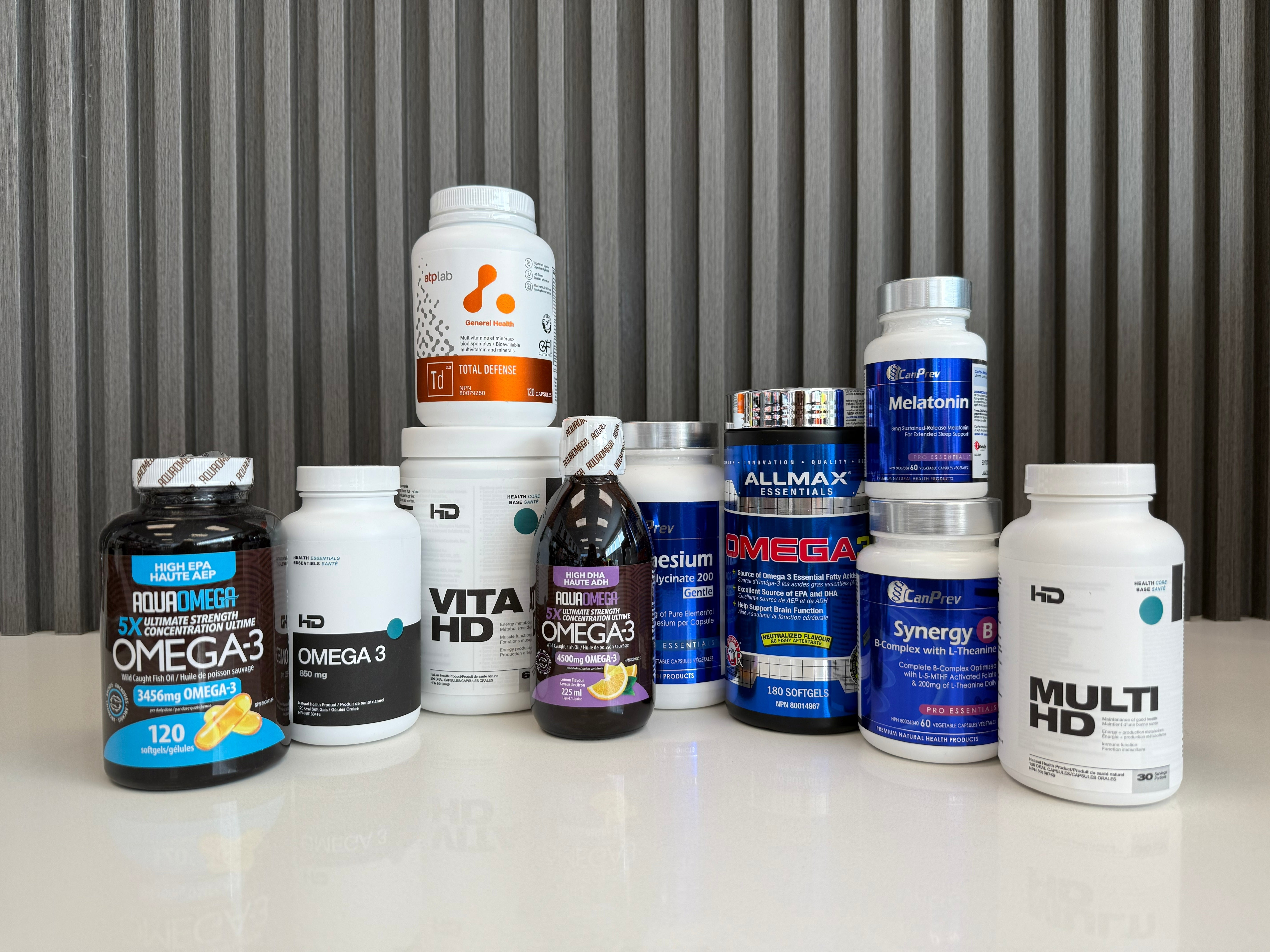
Leave a comment
All comments are moderated before being published.
This site is protected by hCaptcha and the hCaptcha Privacy Policy and Terms of Service apply.